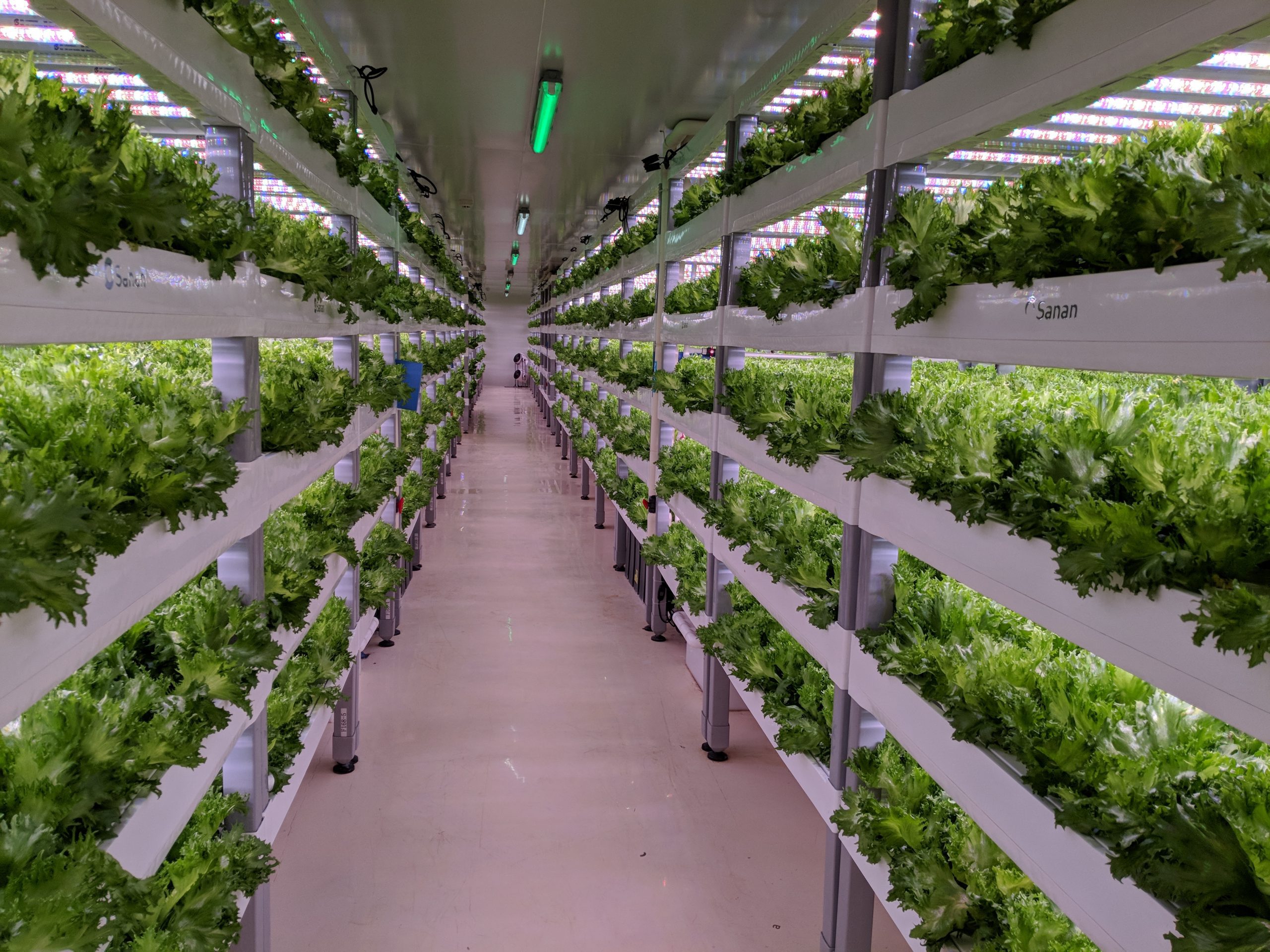Singapore is just one decade away from a very challenging target: to triple the amount of food it produces. But to reach 30% food self-sufficiency by 2030, the nation—one of the smallest on the planet—is going to need new ideas and new tech to squeeze all that agriculture into the available space.
This week, a new startup accelerator launched to meet the anticipated growth in demand for food technology in the city-state. Dubbed Singapore Food Bowl, it wants to attract young firms from across Asia that have technologies like “controlled environment agriculture, vertical farming, and alternative proteins,” according to the team. To complement all that, it’s also open to startups working on eliminating food waste and digitizing supply chains.

The application process for the first batch at Singapore Food Bowl is open until June 7.
Meats and greens
Due to the virus, the 12-week accelerator will be conducted online, Joshua Soo, head of innovation and strategy at GROW, tells Technode Global. GROW is a Singapore-based “agrifood” tech accelerator spinoff from Agfunder, a Silicon Valley investment firm that specializes in food and farming startups.
Startups accepted into Singapore Food Bowl get access to Agfunder’s network, as well as possible funding.
Agfunder typically invests from seed to series B stages, says its senior investment associate, Angela Tay. “In general we expect startups to have some sort of prototype, a team, and ideally some traction. So far, we’ve invested between $50,000 and $900,000 in a company in a single round,” she adds.
One of the first goals of the new program, Soo explains, is to “fast-track the adoption of technologies that can materially improve productivity in the areas aligned with Singapore’s ”30 by 30“ [target]—namely, protein production and leafy greens.”
Secondly, he hopes Singapore Food Bowl will help its inducted startups to “fast-track their growth trajectory and commercialize novel technologies in the hope that they can start looking at other markets globally.”

